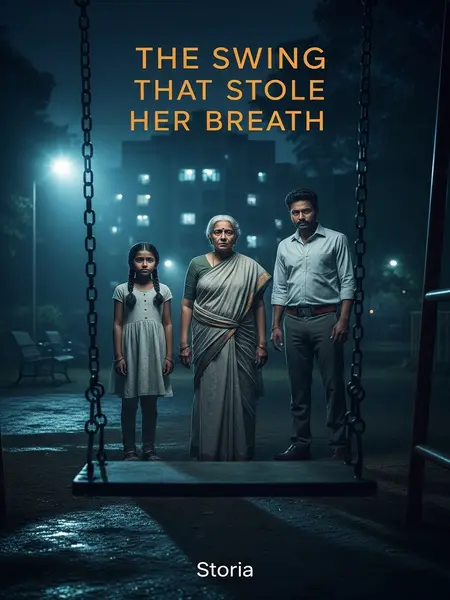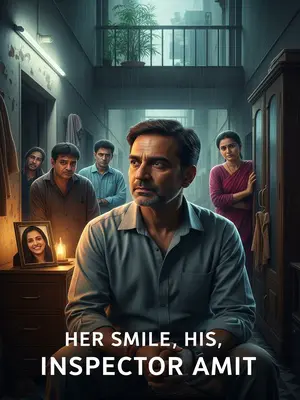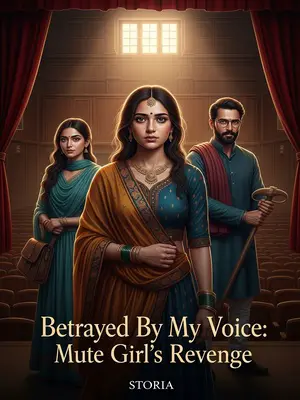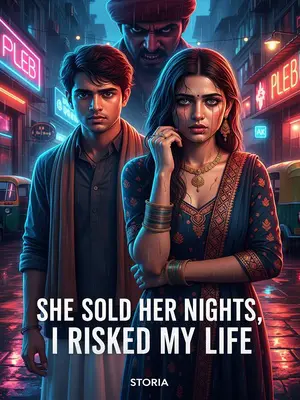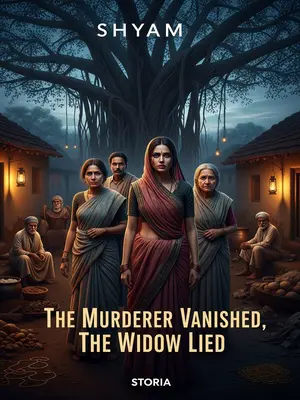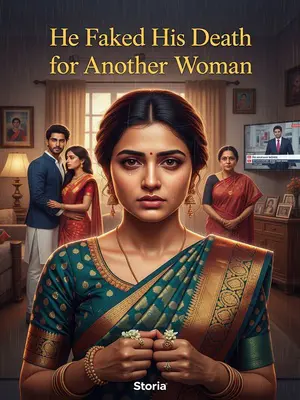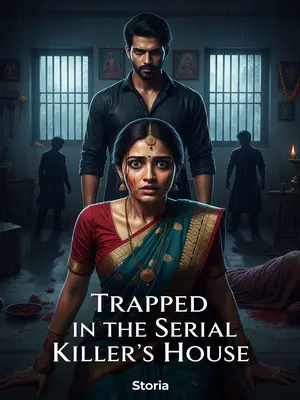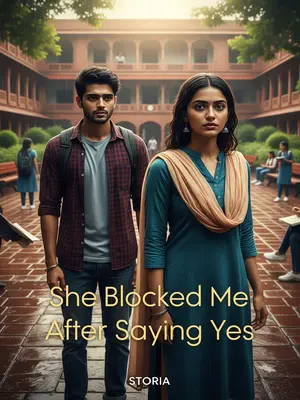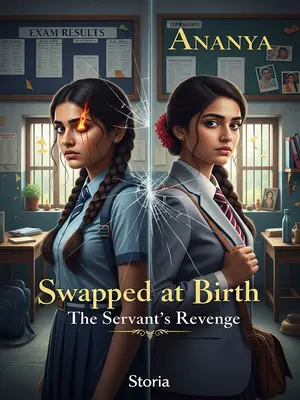Chapter 3: Fragments of Memory
The identity of the deceased was confirmed: Ananya Sharma, age ten, Kamala Devi’s granddaughter. Her Aadhaar card was found in her schoolbag, corners curled from use. The paperwork was quick, the process routine but the grief anything but.
We sent Ananya’s body to the municipal hospital. The mortuary staff, faces drawn from too many tragedies, received us with a tired, “Aur ek bachi?”
Kamala Devi sat before us, dupatta covering her head, hands folded, eyes darting between me and the untouched glass of water on the table. "Bas, thoda sa hi toh kheli thi, fir aap log aa gaye," she whispered, wringing her handkerchief, two cloudy streams of tears tracing her cheeks. "Badi pyaari thi meri Ananya. Ab kaun mujhe Dadi kahega..."
"Aap bataiye, Inspector sahib—yeh sab kaise ho gaya? Meri galti thi kya?" Her grief was raw, her eyes haunted. I watched her closely—no deception, just the storm of memory and sorrow.
But what she called 'a little while' had actually been nearly six hours. The logbook and witness statements confirmed it: the pair had been at the swings since sunset. I scribbled notes in my diary, the pages curling in the Mumbai humidity.
I thought of my own nani, who once wandered off to the market and forgot her way home. "Aapko pata hai ki aap log chhe ghante se jhule par the?" I asked gently.
Kamala Devi’s hand flew to her chest. "Nahi, yeh kaise ho sakta hai? Bas aadha ghanta hi toh hua tha. Yeh sab galat hai, beta. Hum sirf thoda der khele the."
A bold thought: the old woman might have amnesia. I jotted a note—possible memory loss? Early dementia?
She lost track of time, pushing her granddaughter on the swing again and again. The image haunted me—a grandmother lost in memory, a child trapped in fear. Until Ananya, sensing something was wrong, tried to reach her—but Dadi didn’t respond. The little girl was frightened to death.
The neighbour who called us said, "Woh dono toh hamesha milte hain jhule par. Ananya ka hansna sunai deta hai har shaam." At six in the evening, Ananya was alive, laughing.
At seven, they were still playing—nothing unusual. But by midnight, when the witness went to buy cigarettes, the swings hadn’t stopped, and the laughter was gone. The panwala across the street confirmed it: the sight of them swinging in silence unsettled him so much he dropped his Gold Flake Lights. "Saab, dar lag raha tha. Pehli baar laga ki apni colony mein bhi bhoot ho sakta hai."
His wife called him superstitious, but he called the police anyway. "Aap hi dekho, mujhe toh kuch samajh nahi aa raha tha."
Just then, Ananya’s father, Rajeev Sharma, arrived. His shirt was crumpled, hair wild, the faint smell of whisky clinging to him. His hands shook as he pulled out a certificate from his wallet, wiping his face with the edge of his kurta.
He looked up, eyes red and swollen. "Inspector saab, yeh sab galti se hua hai. Meri maa theek ho jayegi na?" he pleaded. "Meri maa bimaar hai... usse mat kuch kehna. Yeh sab kismet ka khel hai."
The certificate showed Kamala Devi suffered from intermittent amnesia. Diagnosis: ‘Intermittent Amnestic Syndrome,’ JJ Hospital.
Rajeev explained Ananya had congenital heart disease. "Doctor ne bola tha, zyada khushi ya gham dono nahi jhel sakti."
I asked, "It was the middle of the night and your mother and daughter hadn’t come home. Why didn’t you go look for them?" I hesitated, thinking of my own family, before the words slipped out.
Rajeev’s hands trembled. "Woh... main doston ke saath tha... kuch zyada ho gaya peene mein. Galti meri hi hai, Inspector." He slapped his own cheeks, voice thick with regret. "Yeh sab meri sharab ki bimari ki wajah se hua hai, saab. Main hi doshi hoon. Bas, ab se kabhi nahi piyunga, meri kasam."
His wife, Ananya’s mother, was working in Bangalore. "Uski mummy Bangalore mein hai, IT job hai. Kabhi kabhi video call pe hi baat hoti thi," Rajeev muttered, his loneliness filling the room.
